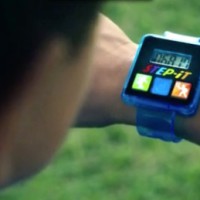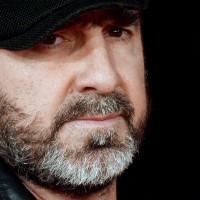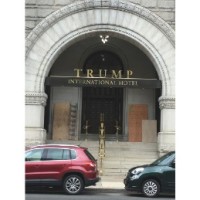The disgraceful 461% increase in the price of this vital medication is a symptom of a system where corporate greed takes precedence over public health

This month, pharmaceutical company, Mylan, crowed that they smashed second-quarter expectations; with earnings of $2.56bn, up 8% from the year before. Their CEOs salary has ballooned 671% over the past eight years. The corporation was able to accomplish this in part, because they are the maker of a medical device called the EpiPen, which delivers a life-saving drug to stop an anaphylactic allergy attack. The company has raised the price of this medication 461% since 2007. Mylans latest announcement that it would offer various new pricing concessions to families on lower incomes and those who have to pay out of pocket, cannot alter this stark fact.
American policymakers just woke up to a reality many American families have been living for years: the US medical system is tilted so far in favor of drug companies, that those reliant on life-saving medications are at the mercy of pharmaceutical manufacturers nearly limitless desire to line their pockets. I am a mother in one of those families.
When our beautiful daughter Emma was born in 2010, everything about her was perfect shed laugh while her 10 soft fingers would grab 10 wiggling toes. The only thing that seemed to trip her up was something that seemed to come pretty naturally to most newborns: eating. She was clearly in pain while she nursed, and we could not figure out why. The answer would emerge over the course of the subsequent months, through many medical visits: Emma was one of millions of children who, due to a series of genetic and environmental factors, was born with food allergies. We would later find out that one of her allergies was severe and life threatening: ingesting peanuts swiftly sends her into anaphylaxis.
The news was terrifying at first, and my husband and I quickly set up systems with her allergist to make sure she was safe in every possible setting or scenario. The central factor in every part of our plan was whether she would have quick and easy access to her EpiPen, which can immediately halt an anaphylaxis attack by delivering epinephrine, via injection. The EpiPen became an essential part of our lives overnight, and we would pay for as many as our health insurance would cover. But we learned over time that this life-saving device a triumph of modern medical science was becoming more and more difficult to access. Each dose must be replaced once a year, and each time we refilled the prescription, our pharmacist would report that the price jumped dramatically again.
Mylan was behind those increases, raising the price from $57 a shot when it took over sales of the product less than a decade ago to more than $600 today. This price jump exposes not just some gaping moral and ethical holes in Americas healthcare system, but some dangerous market distortions taking place in the US pharmaceutical industry.
First, the price has quadrupled in just nine years, with no perceivable improvement to the product to justify the increase. The drug still only contains about $1 of active ingredient. Second, consumers have no viable alternative, because Mylan holds a monopoly on the product. Other manufacturers have attempted to diversify the market, only to be stopped short by the US Food and Drug Administration. Weve seen pharmaceutical executives callously take advantage of this market opportunity a number of times before with different drugs, most notably when disgraced Turing Pharmaceuticals CEO, Martin Shkreli, was exposed for price-gouging pills to $750.
Third, this drug is quite literally the difference between life and death for many families, because allergies do not discriminate between those who have quality health insurance or none at all. So far, my family has been lucky enough to have the means and insurance to keep adjusting to the jarring price hikes, but many are not so fortunate. Parents all over the country have shared their stories of helplessly watching the price of this life saving medication rise beyond their reach, or taking drastic measures to afford the medication.
The bottom line is that no parent should have to send their child off to school or camp, hoping and praying for their childs basic safety, because they cannot afford to purchase essential medication. Public officials weighed in this week, from Senator Amy Klobuchar, who is calling for hearings scrutinizing the price hike, to Hillary Clinton, who called on Mylan to immediately reduce the price of EpiPens.
The fact is that Mylan, and many other companies like them, were able to inflate prices on life-saving, one-of-a-kind medications, because they could.
The American medical system is simply broken. We are far from a free market where competition is open and companies are incentivized to spur innovation and compete fairly for market share. Instead, the powerful few are able to enjoy exorbitant profits at the expense of desperate families like mine, who will pay anything to simply keep their children safe.
Read more: https://www.theguardian.com/commentisfree/2016/aug/25/epipen-price-increase-mylan













